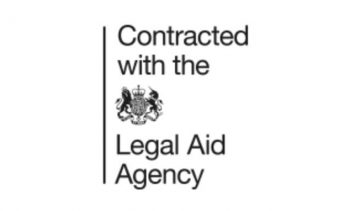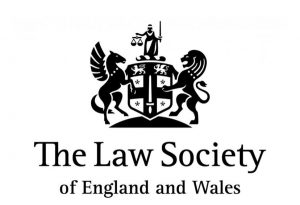Cases involving wills and probate may involve disputes over the validity of a will, the interpretation of a will, the administration of an estate, or the distribution of assets. Some common issues that may arise in cases involving wills and probate include:
Lack of testamentary capacity: This refers to the requirement that the person making the will (the testator) must have the mental capacity to understand the nature and effect of the will they are making.
Lack of due execution: This refers to the requirement that the will must be properly signed and witnessed in order to be valid.
Undue influence: This refers to the idea that the testator was pressured or influenced by someone else to make the will in a way that does not reflect their true wishes.
Fraud: This refers to the idea that the will was obtained through deception or trickery.
Revocation: This refers to the idea that the testator changed their mind and revoked the will.
Ambiguity: This refers to situations where the language of the will is unclear or open to interpretation.
Disputes among heirs: This refers to disputes among the people who stand to inherit under the will (the beneficiaries).
Cases involving wills and probate can be complex and may require the interpretation of legal principles and precedent at Adel Jibs & Co Solicitors, we are able to help you understand where you stand.
If you have any queries about estate planning, please contact our Wills & Probate department on 020 3417 3859.
The information given here is intended for general information purposes only and should not be taken as legal advice.


